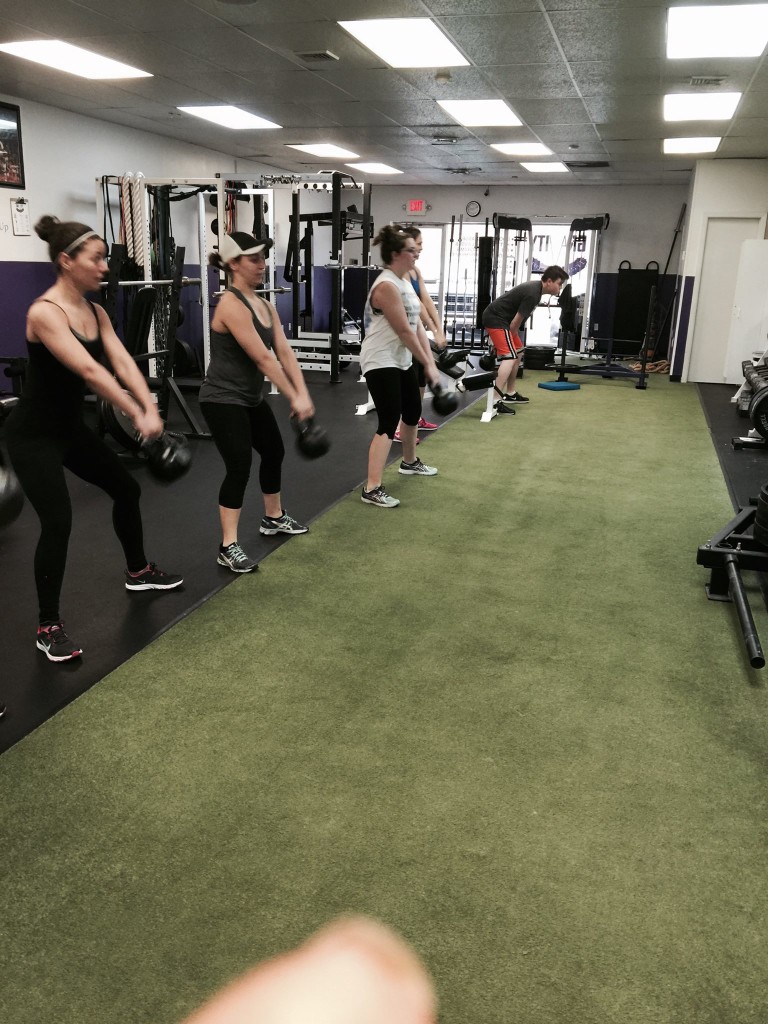Vitamins that are Important for Muscle Growth
Vitamins impact the overall health of the body. Taking your daily dosage helps the body to function properly, combat diseases, fight infections and keep your energy level up. The cells in the body need vitamins in order to metabolize and grow.
There are two types of vitamins, and they are water soluble vitamins and fat soluble vitamins. Fat soluble vitamins are stored in the body, and they can be toxic if too many of them are taken at one time. Water soluble vitamins are not stored in the body. The body excretes this type of vitamin, which means that it is not toxic.
Bodybuilders need vitamins for energy, muscle growth, bone density and to maintain most of the major body systems. In order for a vitamin to help build muscle, it has to either increase energy or have a positive impact on tissue repair. The following are a couple of the vitamins that are important for muscle growth.
Vitamin A. This vitamin helps to synthesize protein, which is the main process for growing muscles. It also produces glycogen, which provides plenty of energy for the body. Athletes need plenty of energy for their intense gym workouts.
Vitamin B1. B1 produces haemoglobin, which takes oxygen to the muscles. Athletes need more oxygen as their workouts become more intense and longer. B1 helps to break carbs so that your body can use it as energy.
Vitamin B2. Vitamin B2 helps to metabolize protein. It also helps the body to break down fats, protein and carbs. A glass of milk has about 30 percent of your daily requirements.
Vitamin B12. This vitamin helps to maintain the tissues of the nervous system. Muscles are stimulated by nerve cells, which is needed for muscles to contract and grow.
Vitamin C. Vitamin C is not only good for fighting off colds, but it also helps to maintain connective muscle tissues and protect muscle cells from getting damaged. This vitamin also helps form collagen, which is the main part of connective tissue. Weightlifters need strong connective tissues so that the extra weight on the joints does not cause injuries. Vitamin C also increases iron absorption. Without it, there isn’t enough oxygen in the blood, and this will decrease your muscle function.
Vitamin D. The body produces this vitamin on its own when it gets a lot of direct sunlight. Muscles need calcium in order to contract, and vitamin D helps with the absorption of calcium. One glass of milk gives you about 25 percent of your recommended daily requirement.
Vitamin E. This vitamin assists with protecting cell membranes. Your muscles cannot recuperate without strong cell membranes. It also repairs body tissues that have been worn down after intense and long workout routines.
These vitamins are contained many different food sources. They can be found in foods such as sweet potatoes, sunflower seeds, squash, fruit juices, papaya and turkey. However, many of them are found in everyday foods such as milk, liver, nuts, eggs, beans, fish, pork and veggies. Eating a well balanced diet is the best way to get your daily recommended about of vitamins, but a multi-vitamin supplement can also help.
In conclusion, in order for vitamins to help build muscles, they have to either increase energy or have a positive impact on tissue repair. All in all, supplementing the diet with vitamins enhances overall performance and muscle growth.

